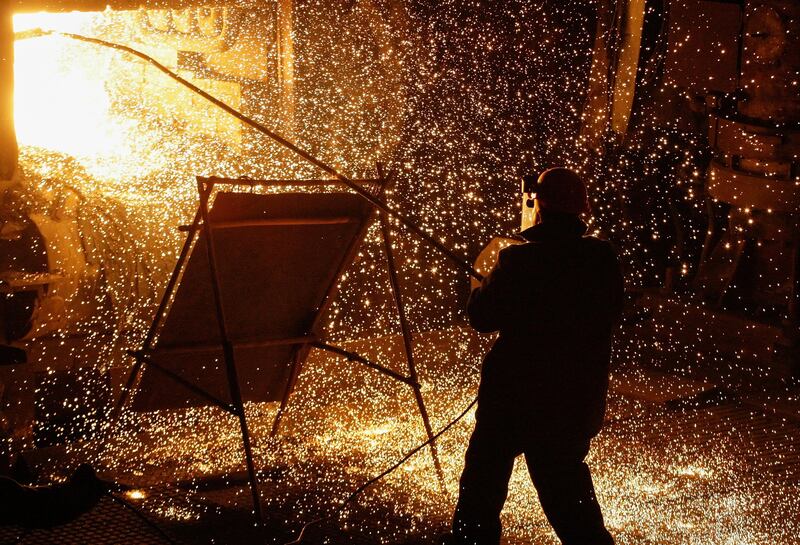Japan's Kobe Steel said on Sunday that it had falsified data related to strength and durability of some aluminium and copper parts products to make them look as if they met client quality standards.
Japan’s third-biggest steel maker said the products were delivered to more than 200 companies but did not disclose specific customer names. The Nikkei earlier reported online that products using falsified data were delivered to firms including Mitsubishi Heavy Industries’ regional jet unit and car makers.
Kobe Steel said it discovered the data falsification in inspections it conducted on products shipped from September 2016 through August 2017, adding that there have not been any reports of safety issues with products concerned. The affected products account for about 4 per cent of its shipments of aluminium parts, copper parts and aluminium castings and forgings.
The company said it is still ascertaining the impact on earnings and that it has established a committee on quality issues. Kobe Steel’s aluminium and copper operations, which also includes products such as sheets, plates and tubes, account for about 20 per cent of its total sales, according to data for the quarter ended June 30.
_________________
Read more:
Japan disaster spawns an industry
Senaat steel pipe unit secures $185 million loan from Japanese banks
Steep rise in UAE aluminium exports to Japan
_________________
Shinko Wire, a Kobe Steel affiliate, in June 2016 said a unit had misstated data on tensile strength of stainless steel wires for springs and that it had supplied customers with alloy that failed to meet Japanese industrial standards.
In other recent Japanese product-related cases, Takata pleaded guilty in the US in February to one count of wire fraud for misleading car makers about the safety of its exploding air bags. Toyo Tire & Rubber officials were referred to prosecutors in March following the company’s 2015 admission that it had falsified data on rubber for earthquake-proofing buildings. Nissan last week recalled more than 1 million cars in Japan after regulators discovered unauthorised inspectors approved vehicle quality.





